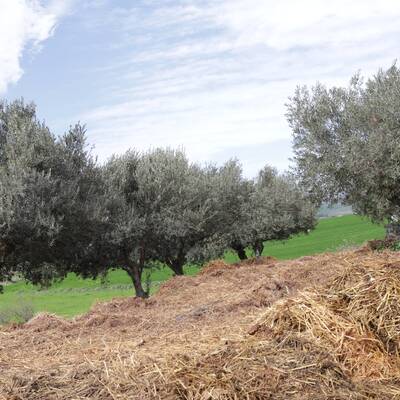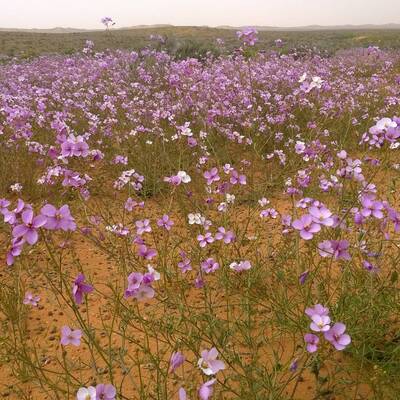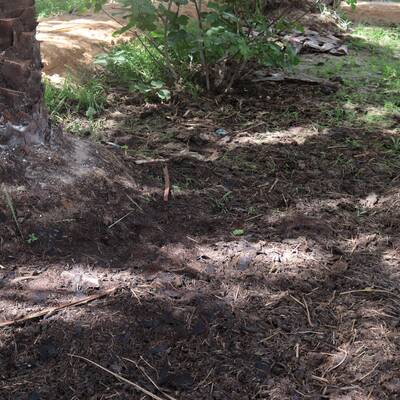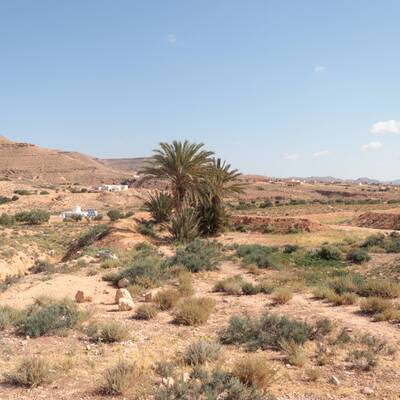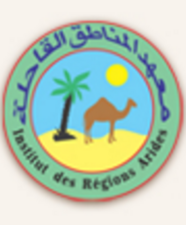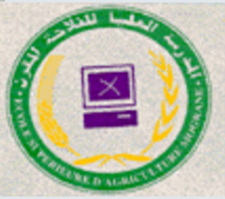Impact pathways
The labor implications and considerations for gender equity from benefits of agro-ecological approaches implemented in Tunisia will be studied through the case study, taking place in Central and Southern Tunisia, that will assess the resources needed for the sustained implementation of agro-ecological practices along various dimensions (labor taking into account gender dimension, capital, knowledge, collective action, etc.) and in terms of impacts. These considerations are important as a balance should be achieved among ecological, economic and social benefits.



